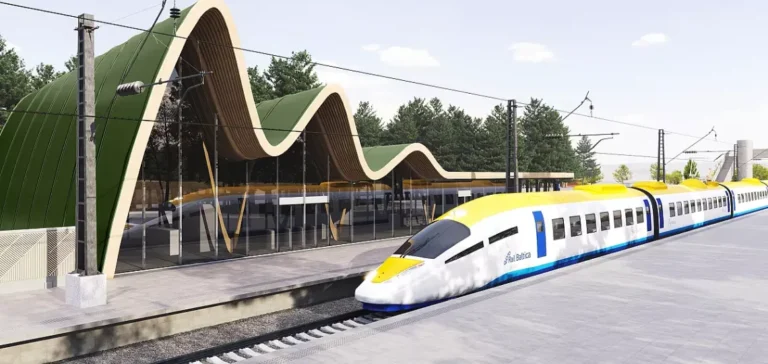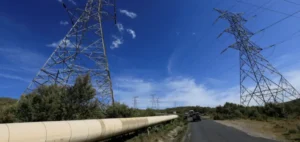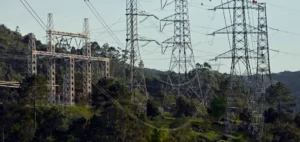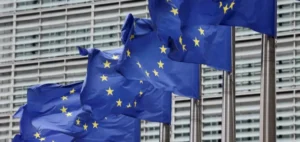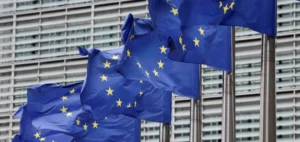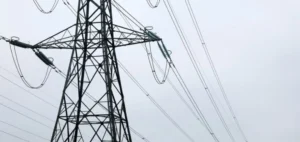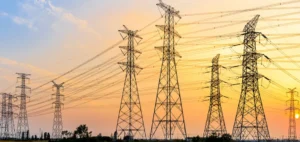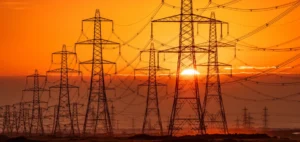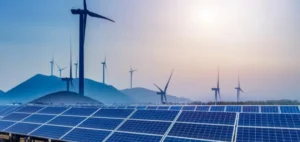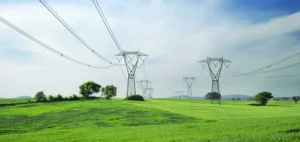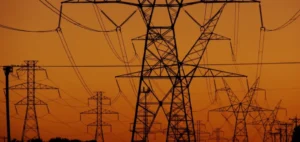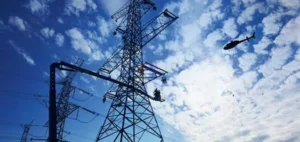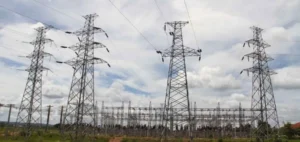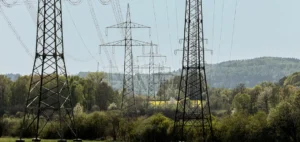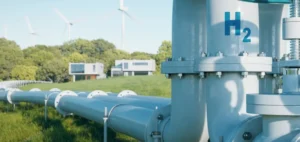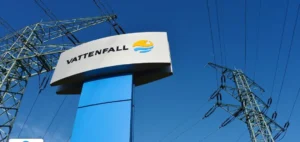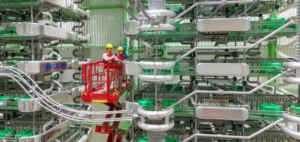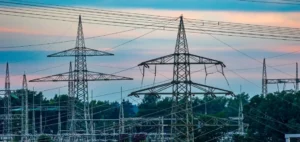Cobra IS, the energy services subsidiary of French group Vinci, has been awarded, in consortium with Spanish group Elecnor, a major contract under the Rail Baltica project. The total value of the contract stands at €1.77bn ($1.89bn), with Cobra IS’s share amounting to €885mn ($944mn).
A strategic railway project on a European scale
The Rail Baltica project aims to build a new 870-kilometre railway line crossing Estonia, Latvia and Lithuania, designed to connect these countries to the broader European rail network. The electrification works entrusted to the consortium include the design, supply, installation, testing and commissioning of the complete electrical system.
This initiative is currently described as the largest railway electrification project underway in Europe. It is intended to ensure interoperability between the Baltic networks and the rest of the continental system, facilitating cross-border passenger and freight transport.
Gradual implementation of works until 2030
The works will be carried out in two distinct phases. The first phase, valued at approximately €950mn ($1.01bn), will begin on October 1, 2025. It is scheduled for completion by 2030. The timeline for the second phase has not yet been specified by the partners.
This contract forms part of a broader strategy to position on high-value transnational infrastructure, particularly in regions aiming to rapidly modernise their transport systems. Cobra IS thereby strengthens its portfolio in major European railway projects.
Regional integration and interconnection challenges
European and Baltic political representatives present at the contract signing highlighted the strategic importance of the project for the region. Rail Baltica is designed to comply with European standards, both in terms of safety and efficiency, within a context of technical alignment with Western Europe.
The implementation of this project is also expected to contribute to greater regional logistical autonomy, particularly in the context of mounting pressure on the European Union’s transport infrastructure.


